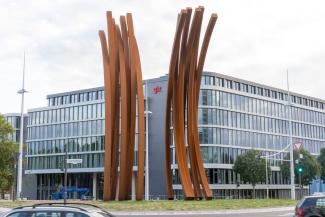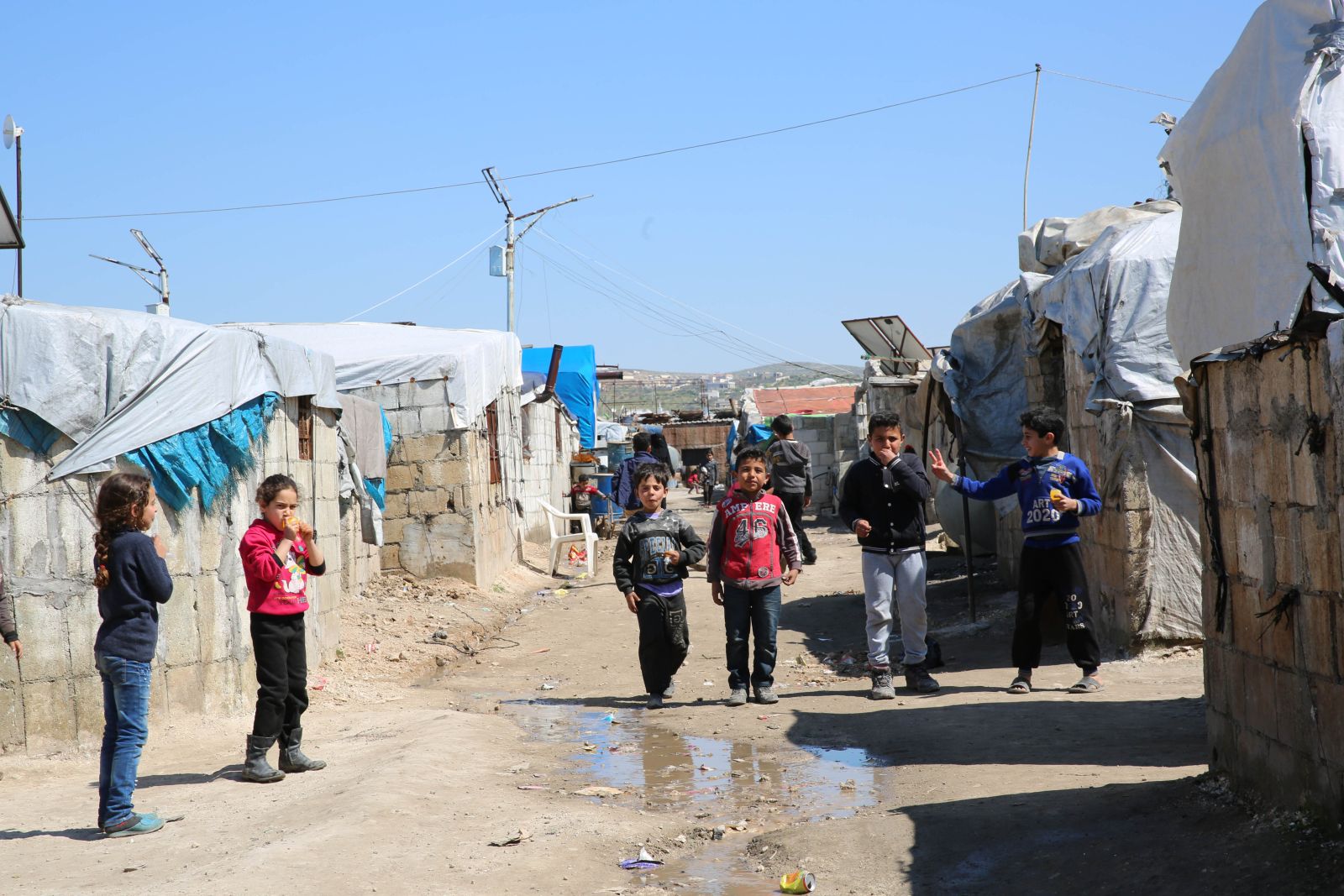GIZ
How the GIZ is learning from experience

The report is based on the evaluation of 215 projects. It offers interesting insights into both the successes and the limits of GIZ efforts. The topic of the focus section is governance. In GIZ jargon, this term covers the performance of institutions as well as the promotion of peace and the prevention of disasters. Governance related activities are considered on average to have been “successful overall”. Advice on technical and organisational issues as well as capacity development are said to have proven particularly effective. On the other hand, the report points out that the GIZ cannot influence a country’s macro politics much and only has very little bearing on issues such as democracy, the rule of law or the transparency of state agencies.
For example, in GIZ supported reform efforts made by Zambia’s government regarding public finance, the evaluators found that, as a consequence, the national revenue service is now performing better and tax audits have improved. However, stabilising public debt proved impossible in view of the deteriorating world-market price of copper, Zambia’s main export commodity. Moreover, public-finance management still is not transparent. The report recommends stronger involvement of both civil society and the national auditors anticorruption office in the future.
On behalf of Germany’s Federal Government, the GIZ is taking part in the rule-of-law dialogue with China. In the years 2015 to 2018, it provided advice to Chinese legislators and ran capacity-building measures in the courts of law. The evaluators note that the quality of legislation has improved, for instance in regard to labour relations and competitive markets, but that a positive impact on court judgments is not discernible. Shortcomings, they argue, reflect the political context.
Experiences of this kind reinforce the old insight that national ownership is needed for lasting change. Bilateral agencies like GIZ can help to lay foundations and support positive trends, but they obviously do not control a partner country’s development. To improve impact, the evaluation report proposes taking multi-level approaches, paying attention to potential synergies and designing projects in ways that facilitate upscaling.
Such ambitions make sense, but they are not easy to live up to – and especially not when an agency has to respond flexibly to erupting crises. According to the evaluation report, that is increasingly the case. Fragile statehood is considered a huge challenge, and the refugee crises put the GIZ under particular stress. The evaluators praise GIZ staff for responding to complex challenges with flexibility in restrictive circumstances.
The GIZ is continuously updating its evaluation system. According to Hoven, the board member, attention is now paid to whether – and to what extent – a project serves the achievement of the sustainable development goals. “Coherence“ has thus become the sixth overarching evaluation criterion. The other five are “relevance”, “effectiveness”, “efficiency”, “policy goals” and “sustainability”. Hoven adds that the GIZ head office is increasingly in charge of evaluation, whereas programme managers tended to assign studies in the past. As Hoven emphasises, any expert who was involved in planning or implementing a project does not get a role in evaluating that project.
Martin Jäger, the state secretary at Germany’s Federal Ministry for Economic Cooperation and Development (BMZ) says he is not aware of any other government department evaluating its impacts as diligently as development agencies do. From 2015 to 2020, the BMZ budget doubled to about € 12 billion.
Link
GIZ, 2021: Evaluation report 2020: Using knowledge. (9 MB)
https://www.giz.de/de/downloads/giz2021_en_GIZ-Evaluation report 2020_USING KNOWLEDGE_.pdf













